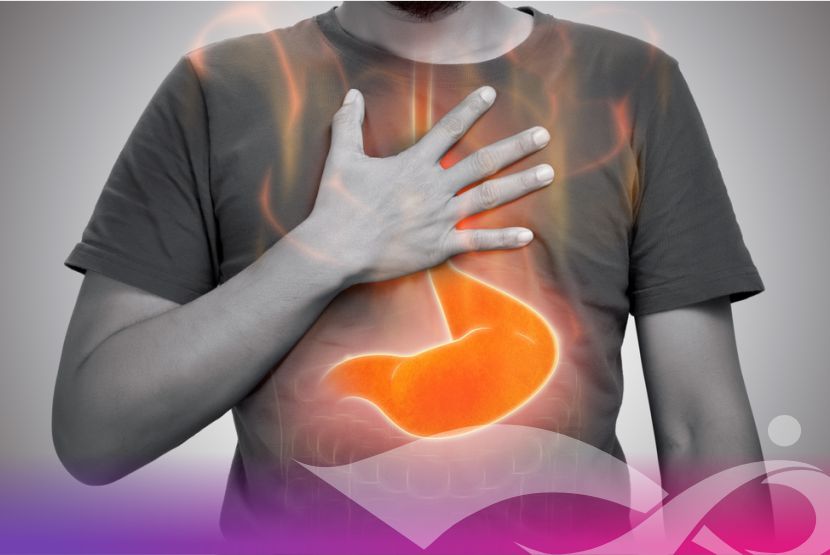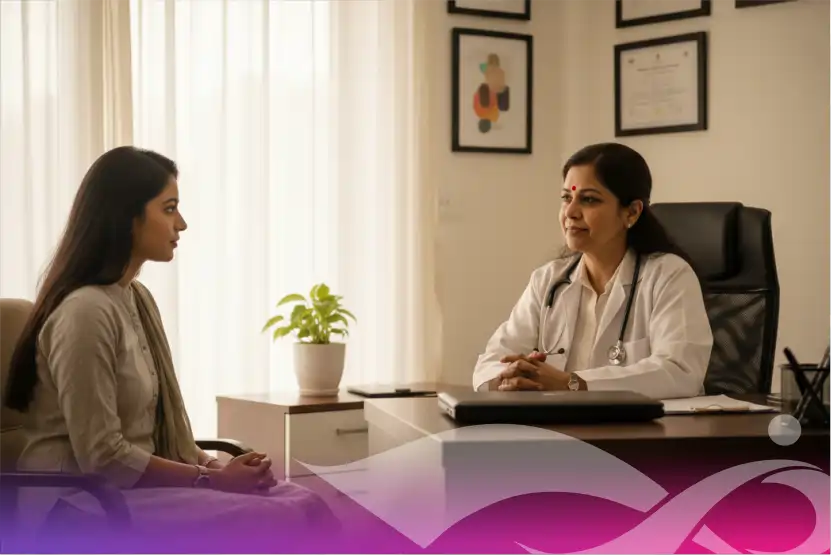We’ve all experienced that burning sensation after a heavy meal or a late-night snack. Acidity is common and often harmless. But what happens when it lingers? When that discomfort turns into chest pain or trouble swallowing day after day?
At IOCI India, we’ve seen how persistent symptoms, often dismissed as routine acidity or reflux, can sometimes point to something far more serious esophageal cancer.
Why Esophageal Cancer Is Often Missed Early
The esophagus is the muscular tube that carries food from your mouth to your stomach. When the cells lining it start to change and grow abnormally, it can lead to cancer. But most people don’t notice until the disease has already progressed.
The biggest challenge is that the symptoms of esophageal cancer in early stage often mimic common issues. You may notice a burning feeling in the chest, mild pain when swallowing, a sensation of food getting stuck, chronic hoarseness or dry throat, or unexplained weight loss over time.
These symptoms appear slowly and don’t seem alarming at first. That’s why many people keep treating it like acid reflux until it’s too late.
How Long Can It Stay Hidden
A question we often get from patients is how long can cancer go undetected
With esophageal cancer, it can sometimes stay unnoticed for months or even years depending on its type and location. Since the symptoms overlap with GERD or acidity, it’s not unusual for patients to be misdiagnosed or treated with antacids for a long time.
The result is that by the time cancer is discovered, it may have already spread to nearby tissues or lymph nodes requiring more aggressive treatment.
Why Ignoring It Can Be Dangerous
People often assume that if a symptom is mild, it’s not worth worrying about. But when cancer is involved, even small signs carry weight.
If left untreated, esophageal cancer can spread to nearby organs including the stomach, liver, and lungs. And even after surgical treatment, can cancer spread after surgery? Unfortunately, yes. Especially if it has reached advanced stages or wasn’t caught early enough.
This makes early detection not just important but potentially life-saving.
What Should You Watch For
If you’ve been struggling with acidity for more than a few weeks and medications don’t seem to help, it's time to dig deeper. Trouble swallowing, constant heartburn, a feeling of fullness after small meals, blood in vomit or dark stools, or a persistent cough are all signs that should not be ignored.
These symptoms don’t always mean cancer, but they deserve proper attention especially if they’re new, worsening, or not improving with treatment.
What We Recommend at IOCI
Our team at IOCI encourages patients to listen to their body. If something feels off, especially if it persists, don’t delay investigations. An endoscopy or scan can rule out serious causes and give you peace of mind.
Esophageal cancer is treatable if caught early. But if it’s ignored under the label of “just acidity,” valuable time may be lost.
The Bottom Line: Don’t Normalise the Abnormal
Every cancer has a window where it’s easier to manage and more responsive to treatment. That window is often missed because we assume small symptoms don’t matter.
If your acidity doesn’t go away, don’t keep popping pills and waiting. Ask questions. Get screened.
At IOCI, we don’t just treat patients. We teach them to act early.
Consult us at any of our locations across IOCI Noida, Greater Noida, Mumbai, Indore, Chh. Sambhajinagar, Agartala, Saharanpur, Kanpur and Jodhpur.












